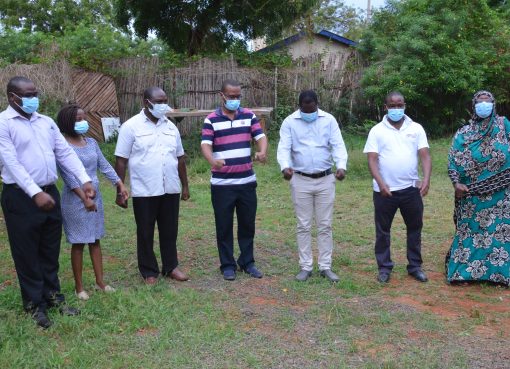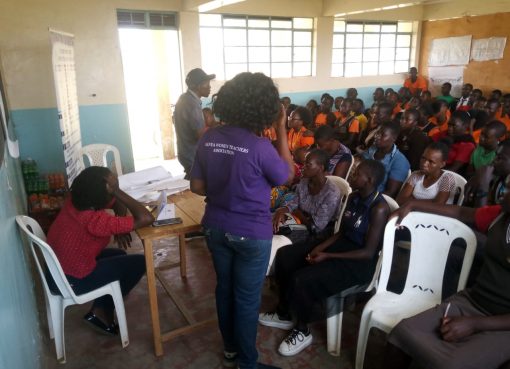Youths have been advised to actively participate in and own projects aimed at addressing climate change challenges for continuity and sustainability of such projects.
The District Governor Rotary Club International covering Kenya, Ethiopia, Eritrea and South Sudan, Azeb Astrat said the youthful population have the energy and great role to play in charity work that is being spearheaded by Rotary Clubs and aimed at finding solutions to the adverse effects of climate change.
Astrat said for any given project to be sustainable, the beneficiaries must own and play an active role in such projects adding that youths as a future generation were the lead beneficiaries of climate change projects across the globe.
While speaking in Nakuru when she toured various Rotary Clubs in Rift Valley Region, Astrat lauded efforts being made by Rotarians in improving livelihoods through charitable works in sectors such as education, health and environment.
She assured continued partnership between Rotary Clubs and the government on environment conservation projects including tree planting and water projects that could help alleviate adverse effects of drought and other climate change challenges.
“Matters of environment are key and that is why as Rotarians we shall continue supporting government initiatives aimed at addressing climate change challenges,” said the District Governor.
Since September this year, Astrab has been visiting the clubs to assess the projects that are being undertaken among them water and sanitation projects in schools, Education and Literacy as well as Environment projects.
The Rotary Club of Nakuru under the current President Rani Ramchandani donated hearing aid devices to 13 pupils from Nakuru Ngala Special School and mobility aid devices to members of the physically challenged community.
Assistant Governor Rotary Club Nakuru Sebastian Muithereru promised to continue supporting persons with disabilities through goodwill and gestures from Rotarians across the country and beyond.
The Rotary club in the country has a membership of 114 clubs spread across the 47 counties.
By Esther Mwangi and Charloth Chepkemoi




